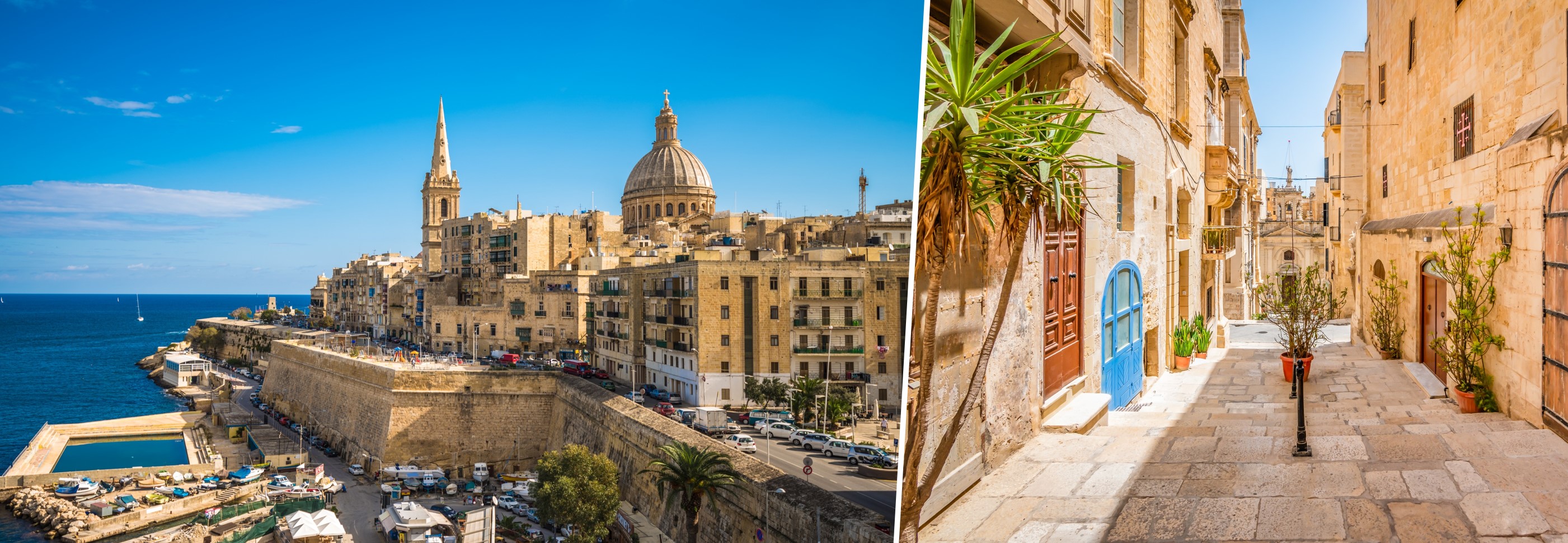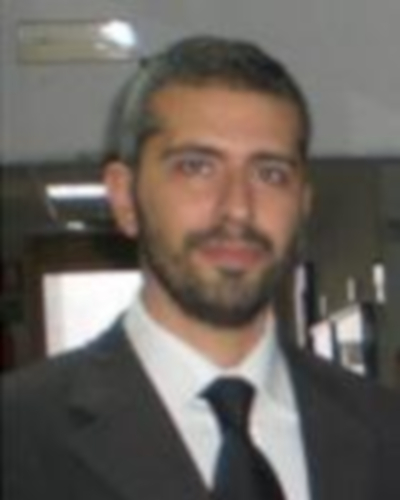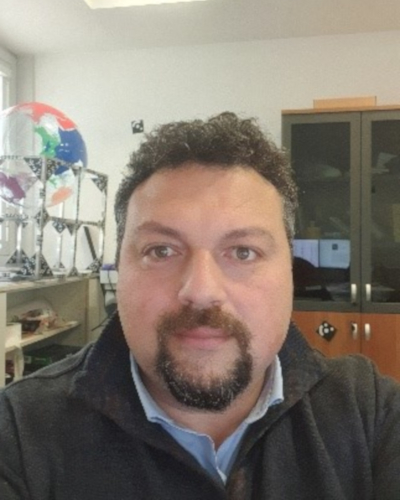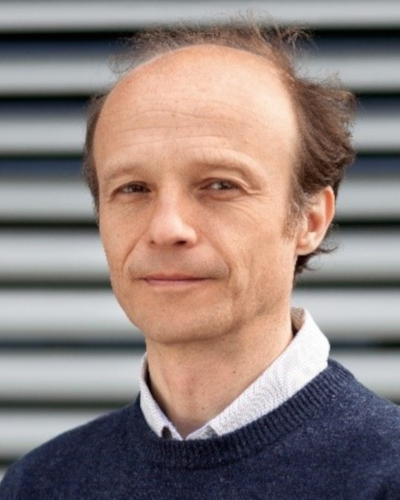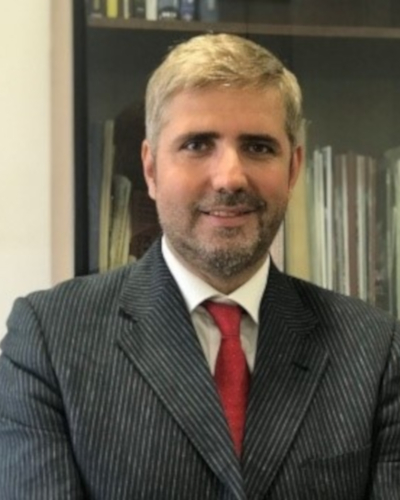SPECIAL SESSION #1
Geomatics Techniques for Navigation, Positioning and Monitoring in Coastal Enviroments
ORGANIZED BY
Antonio Angrisano
University of Messina, Italy
Silvio Del Pizzo
Parthenope University of Naples, Italy
Franc Dimc
University of Ljubljana, Slovenia
Salvatore Gaglione
Parthenope University of Naples, Italy
ABSTRACT
The coastal environment is a complex and sensitive area where various human activities take place, e.g. fishing, hydrocarbon extraction, diving, recreational activities such as bathing. All these activities should be conducted safely to protect human life and the environment. In recent years, an increase in maritime traffic and yacht traffic near the coast has been observed, which has been accompanied by an increase in accidents at sea. On the other hand, it is necessary to map and monitor coastal areas prone to landslides. In this context, geomatic methods play a key role in the safety of navigation and in the mapping and monitoring of coastal areas, as these areas are very dynamic due to wave motion, tides, ocean currents, wind, and river discharge.
This special session will focus on recent developments in measurement systems and techniques used to obtain accurate positions from GNSS systems, inertial measurement units, or other onboard instruments, as well as algorithmic approaches to determining the integrity of measurements and computed positions. Another goal of the session is to seek original contributions on monitoring methods used in the coastal environment for both navigation and mapping purposes.
MAIN TOPICS
Geomatics techniques for navigation, positioning and monitoring in coastal environments Special Session at the 2023 IEEE International Workshop on Metrology for The Sea aims for discussing measurements, instruments and technologies for navigation, positioning and monitoring purposes using geomatics techniques. In this sense, this special session seeks original contributions on the following themes (but not limited to):
- Navigation and Positioning:
- Integrity and reliable positioning techniques
- Absolute accurate positioning using E-GNSS services
- Absolute accurate positioning using PPP techniques
- Accurate positioning techniques for hydrographic surveys
- Spoofing mitigation techniques
- Data fusion and integrated navigation
- Dynamic Positioning (DP) systems
- Navigation System for Unmanned operations
- Visual Navigation Techniques
- Underwater Navigation
- Monitoring:
- Mobile Mapping System in Coastal and Strait Areas
- SLAM systems
- Coast Monitoring techniques using UAV images
- Coast Monitoring techniques using Photogrammetry or/and LiDAR
- Design and developing of IoT systems for monitoring purposes
- Underwater mapping
ABOUT THE ORGANIZERS
Antonio Angrisano is Assistant Professor (RTDb) at the Department of Engineering of the University of Messina and member of the PArthenope Navigation Group (PANG) Laboratory. He obtained his MSc degree (Cum Laude) in Science of Navigation from Faculty of Sciences and Technologies at Parthenope University of Naples (2006). Since 2008 to 2010, he was a PhD student in Geodetic and Topographic Sciences at Parthenope University, working on GNSS and Inertial Navigation; during his doctoral studies he was a visiting PhD student at University of Calgary PLAN Group (Position Location and Navigation), researching on GNSS/INS Integrated Navigation. On April 2011 he successfully defended his PhD dissertation entitled: GNSS/INS Integration Methods. Since 2012 to 2014 he was a Post-Doc at Parthenope University, working on GNSS and Augmentation Systems, Inertial and Integrated Navigation, RAIM and Integrity. Since 2014 to 2015 he was as Navigation System Engineer at Magneti Marelli (FCA group), working on urban positioning and mobility. Since 2015 to 2020 he worked as junior researcher (RTDa) at the University of Benevento “Giustino Fortunato”. Since 2021 he is Assistant Professor at University of Messina. He is the author of more than 60 publications on journals and international conferences.
Silvio Del Pizzo is Associate Professor at the Department of Science and Technology of the University of Naples "Parthenope" and member of the PArthenope Navigation Group (PANG) Laboratory. He previously worked as Assistant Professor (RTDb) at the same University; where he obtained the PhD in Geodetic and Topographic Science at University of Naples Parthenope on May 2013 . His research activities are focused on the geomatic field and specifically the main interests are Camera sensors, Photogrammetry, Computer Vision and Remote Sensing applied to the navigation, furthermore during the last years he worked on GNSS positioning, Visual Navigation and Measurements Integration algorithms. From August 2013 he worked as postdoctoral researcher in several projects of University of Naples “Parthenope” with Navigation, Positioning and Remote Sensing as main topic. He is the author of more than 40 publications on journals and international conferences.
Franc Dimc is a lecturer and researcher at the Faculty of Maritime Studies and Transport at the University of Ljubljana since 1997. He obtained his BSc, MSc and PhD degrees at the same university, but at the Faculty of Electrical Engineering. As a young researcher, he gained confidence in research activities for permanent magnets processing in a group of open-minded chemists and physicists at the Jožef Stefan Institute and acquired knowledge in materials science. In the Applied Alloy Chemistry Group at the University of Birmingham, United Kingdom (four months in 1995 and 1996), he deepened his knowledge of the characterization of HDDR-processed magnetic materials and improved the control of their magnetometer. As part of his doctoral work as a faculty assistant, he worked with archaeologists on the precise positioning of geophysical instruments with integrated navigation sensors. While at the European Commission Joint Research Centre in Ispra, Italy (Sep 2009 - Aug 2010), he contributed to maritime security by analysing cyclostationary satellite phone signals. As head of the Laboratory of Electrical Engineering and Automation, he attracts students to improve their skills through laboratory work. His research interests relate to the requirements for intelligent marine and coastal transportation systems. He has been a member of IEEE for 19 years and is mainly active in the Intelligent Transportation Systems Society and the Slovenian Section. He is a member of the International Programme and Organising Committee of the Baška GNSS Conference (Krk Island, Croatia) and a member of the Royal Institute of Navigation.
Salvatore Gaglione is Full Professor at the Science and Technology Department of the University of Naples "Parthenope" and scientific director of the Parthenope Navigation Group (PANG) Laboratory. On 2010 he was Visiting Academic at "Department of Geomatics Engineering" at the University of Calgary. In the last Academic year, He gives lecture in field of: Inertial and Integrated Navigation, Radio Navigation and Air Navigation. His research activities are focused on GNSS positioning and data fusion with other sensors (INS, Camera etc.) for several applications (vehicular, pedestrian, maritime, air).
Professor Gaglione is member and delegate for Europe of the "Istituto Italiano di Navigazione" (IIN), a scientific non-profit organization that promotes navigation culture. He is the author of more than 70 publications on journals and international conferences.

